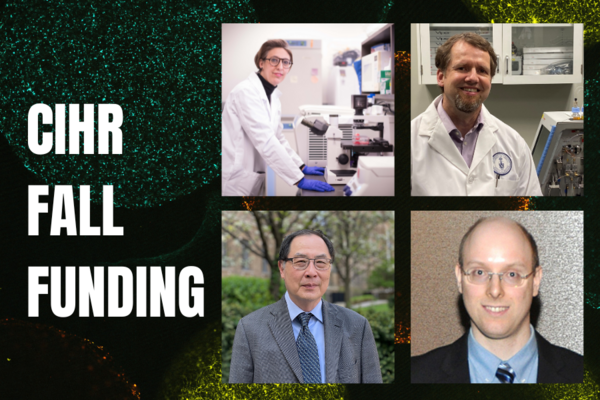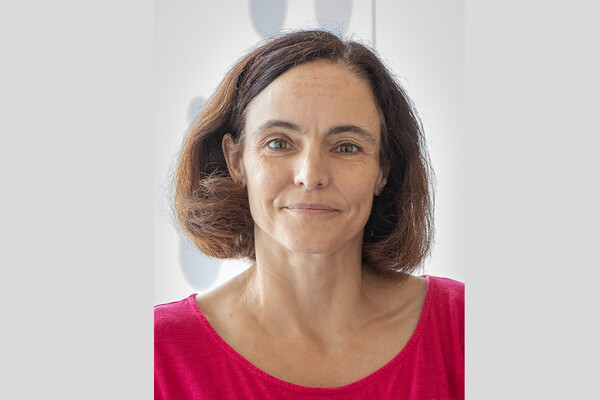Main Second Level Navigation
Sep 24, 2021
Karim Mekhail and Laura Rosella named to Royal Society of Canada’s College of New Scholars, Artists and Scientists
Research: Artificial Intelligence in healthcare, Research: Brain & Neuroscience, Research: Cancer, Research: Human development, aging & regenerative medicine, Research: Molecular & cell biology




